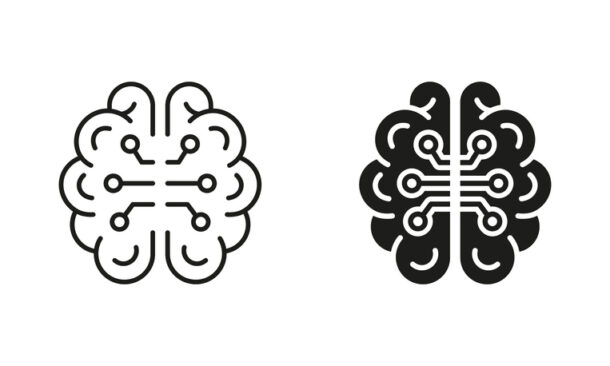
Coaching and Neuroscience
Exploring the fascinating intersection of neuroscience and coaching provides invaluable insights into how coaching strategies can be enhanced through a deeper understanding of the human brain and how it works. The latest thinking in this area suggests that effective coaching practices can significantly benefit from neuroscientific principles, leading to more profound, lasting individual changes.
The Neuroscience of Change
At the heart of coaching lies the goal of facilitating change, whether in behaviour, thought patterns, or emotional responses. Neuroscience has uncovered that change involves altering neural pathways and strengthening new connections in the brain. Neuroplasticity, the brain’s ability to reorganise itself by forming new neural connections throughout life, is a key concept in understanding how coaching can induce change. In our view, it’s the relational component of coaching that is central to this and it’s the reason why selecting the right coach on the basis of “chemistry” is so important.
Emotional Regulation and Coaching
Neuroscience has shown that emotional regulation is crucial for reasoned decisions and fostering long-term behavioural change. This is the basis of one aspect of emotional intelligence. The limbic system, responsible for processing emotions, plays a significant role in reacting to situations. Coaching strategies informed by neuroscience can teach individuals how to regulate their emotions better, leading to improved decision-making processes and resilience in the face of challenges. Techniques such as mindfulness and cognitive restructuring are grounded in neuroscientific principles and can be effectively incorporated into coaching practices.
The Role of the Prefrontal Cortex in Goal Setting
The prefrontal cortex is involved in planning complex cognitive behaviour, personality expression, decision-making, and moderating social behaviour. One label for this is executive control, and understanding its role can significantly impact how goals are set and achieved in a coaching context. Neuroscience suggests that setting specific, challenging, yet achievable goals can stimulate the prefrontal cortex to enhance motivation and commitment to those goals. Great coaching could be thought of as the embodiment of high challenge and high support.
Enhancing Learning and Memory
Effective coaching can facilitate learning and the retention of new skills or behaviours. Neuroscience research into learning and memory mechanisms, particularly the roles of the hippocampus and spaced repetition, offers valuable coaching strategies. By incorporating learning techniques that align with how the brain naturally encodes and consolidates information, coaches can improve their clients’ learning efficiency and durability.
The Impact of Stress on Learning and Development
The neuroscientific study of stress has highlighted its significant impact on learning, memory, and overall cognitive function. Chronic stress can impair brain function, including the ability to form new memories and retrieve existing ones. One crude way of describing this is that stress makes us all stupid! Coaches can use this knowledge to develop strategies that help clients manage stress, thus safeguarding their cognitive functions and enhancing their capacity for personal and professional growth.
In summary
In our view, the integration of neuroscience into coaching represents a potent convergence of science and practice, offering a more nuanced understanding of human behaviour and the mechanisms of change. By applying neuroscientific principles, coaches can refine their approaches, making them more personalised, effective, and impactful. As our understanding of the brain deepens, so will the sophistication of coaching strategies.

Start The Discussion